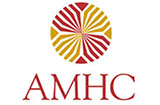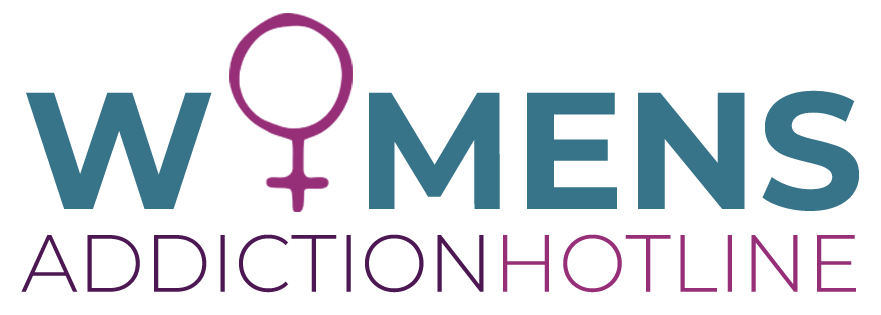Maine Women’s Addiction Hotline
Maine Women’s Substance Abuse Hotline
Maine Women’s Drug & Alcohol Abuse Statistics
Substance abuse is a significant issue among women in Maine, with an estimated 8.64% of Mainers above the age of twelve suffering from substance use disorder[1]. The prevalence of substance abuse among women in Maine is a particular concern, with per capita rates of female substance abuse treatment admissions being highest in Maine compared to other states[2]. These statistics highlight the urgent need for effective substance abuse treatment and resources for women in Maine.
The most commonly abused substances among women in Maine are opioids, alcohol, and benzodiazepines, according to the National Institute on Drug Abuse[3]. Maine Public Health Data Reports also reveal that the number of Mainers receiving treatment for substance use disorder has been steadily increasing, with alcohol being the most commonly reported substance for treatment[1]. These statistics suggest that substance abuse is a complex issue that requires a multifaceted approach to treatment and prevention.
Despite the availability of treatment resources, there are still significant barriers to accessing substance abuse treatment for women in Maine[4]. These barriers can include a lack of access to affordable healthcare, stigma surrounding substance abuse, and a shortage of treatment providers in certain areas. However, there are resources available for women in Maine seeking substance abuse treatment, including peer support programs and trauma-informed care[5]. By addressing these barriers and increasing access to effective treatment, it is possible to improve the health and well-being of women in Maine who are struggling with substance abuse.
References
1. Treatment… from mainedrugdata.org
2. Chemically Dependent Women in Maine… from digitalmaine.com
3. Drug Addiction in Maine (Infographic)… from cascobayrecovery.com/drug-addiction-in-maine/
4. Maine Public Health Data Reports – Substance Abuse… from www.maine.gov
5. Evidence-Based Practices Resource Center… from www.samhsa.gov/resource-search/ebp

Women’s Substance Abuse Treatment Resources Maine
Maine Government Substance Use Disorder Services
Maine Government Substance Use Disorder Services. Substance Use Disorder Treatment There are a variety treatment options available to Mainers struggling with substance use disorders, including programs specializing in detox and maintenance for those experiencing opioid and opiate dependence. Outpatient Programs Services are provided at an agency office and provide individual, group, and family sessions, usually for an hour or ninety minutes once a week. Intensive Outpatient Programs Services are provided at an agency office and consist of intensive and structured substance use treatment three to four days a week. Intensive outpatient programs are typically three or four weeks in duration. Residential Programs Services are provided in a residential facility setting. Residential rehabilitation programs are designed to treat persons who have significant social and psychological impairment.

Maine Drug Data Hub Local Substance Use Resources
Maine Drug Data Hub Local Substance Use Resources. The GIS resource tools on the Maine Drug Data Hub provide users with various substance use/substance use disorder sites and services located in the State of Maine. To aid individual, community partners, and public health organizations there is a special focus on public facing resources that are related to State substance use disorder initiatives. Locator tools from external sites are also included to provide users ease of access to a variety of resources regarding—or related to—substance use/substance use disorder and social determinants of health.

Aroostook Maine Pregnant/Parenting Women Affected by Substance Abuse
Aroostook Maine Pregnant and Parenting Women Affected by Substance Abuse. AMHC urges pregnant and parenting women who use drugs or alcohol to call the Maine Mother’s Network (MMN) 24/7 referral line today. Aroostook, Washington and Hancock Counties, Maine (Friday, May 29, 2019)— Aroostook Mental Health Services (AMHC) is urging women who are pregnant or parenting children five years of age and under to join a new, free program in northeastern Maine that can help them create a substance-free future for them and their children

Maine Safe Harbor Recovery Home for Women and Children
Maine Safe Harbor Recovery Home for Women and Children. Safe Harbor Recovery Home for Women and Children is the only certified recovery residence in Washington County and serves women from across the region. The house provides wraparound support for women in all stages of recovery, and is one of the only houses in the state where they can live with their children. Launched and operated by a collaborative effort between Healthy Acadia, Downeast Community Partners, Community Caring Collaborative, and AMHC (Aroostook Mental Health Services, Inc.), Safe Harbor is supported in part by MaineHousing. The Home is within walking distance of historic downtown Machias, a small community with a big heart located in Washington County. Home to the University of Maine Machias, Downeast Community hospital, a recovery support center located minutes from the house, opportunities for employment, and a rich, supportive recovery community.

Maine Points North Substance Abuse Film Screenings
Maine Points North Substance Abuse Film Screenings. Established in 2018, Points North’s Recovery in Maine program is a statewide series of documentary film screenings that spark public discussions about substance use disorder, the recovery process, and our collective response to the opioid epidemic. Over the past four years, the program has produced over three dozen screenings in communities across Maine, reaching thousands. All screenings are free and open to the public, and most are followed by a panel with a diverse set of individuals involved in the recovery community, including characters in the featured films, family members, film directors, clinicians, and law enforcement representatives. The 2022 Recovery in Maine program is made possible in partnership with the State of Maine and with additional support from Camden National Bank.

